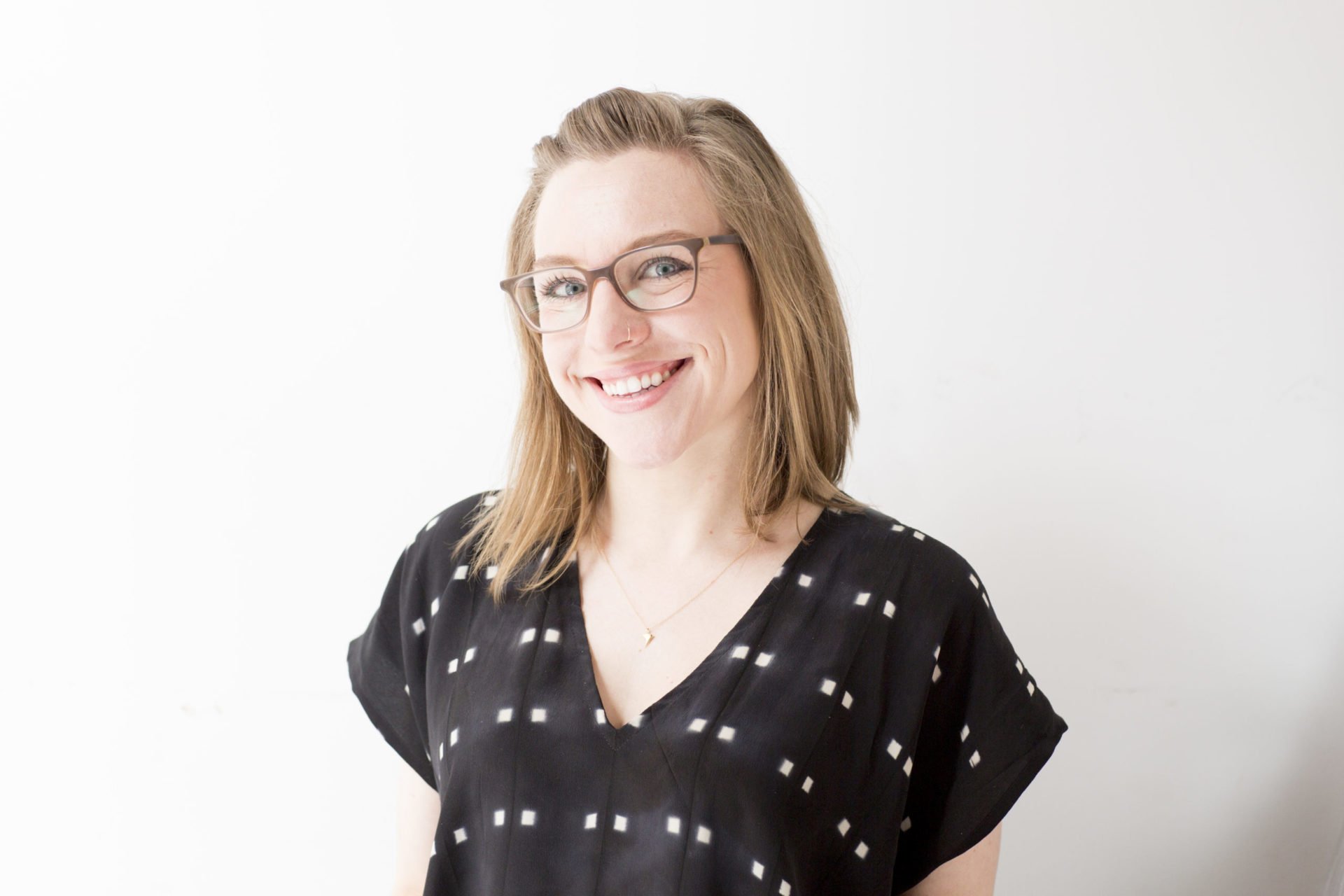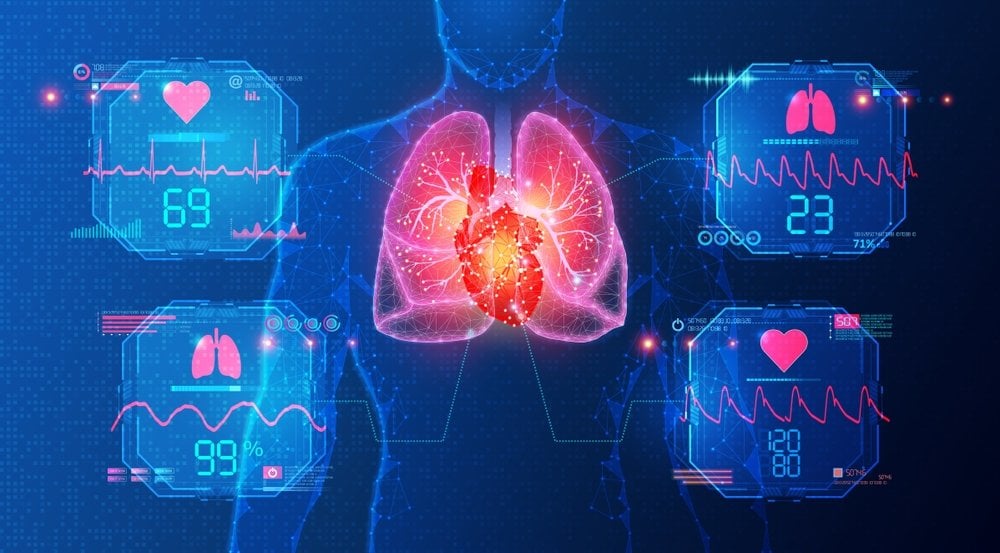The Week’s FAQ
Wait, GameStop what now? Here are 4 Things to Know About the GameStop Insanity. (NYT) And this will explain how the Reddit R/WALLSTREET board gamed the stock market. (The Verge) Then Robinhood cracked down and now there’s a class-action lawsuit in the mix. ( CNET / CNN). An excellent summary of the situation. (Markets Weekly)
How does a Covid-19 vaccine go from manufacturer to bicep? This is how America gets its vaccines. (MIT Tech Review)
Any other pandemic news? Well, in their annual letter, Bill and Melinda Gates reflect on the year global health went local and hope we can use this “important opportunity to turn the hard-won lessons of this pandemic into a healthier, more equal future for all.” Hopefully from their letter to God’s inbox, because here’s a look at the Lasting Impact of Covid-19 on Homelessness in the US. (WIRED)

Private Time
Announced last year, Apple’s updated privacy policy will let you see how apps collect data and track you. (The Verge) This week, the NYT reports on what they’ve learned about these so-called “nutrition labels.” Cook and Zuckerberg continue to Trade Barbs Over Privacy-Focused Business Models. (WSJ)
And preparing for fights on various fronts, Facebook appointed its first chief compliance officer. (Reuters) Plus a new poll by Vox and Data for Progress shows that most Americans – from both sides of the aisle – want to break up Big Tech.
Police surveillance is more intrusive than you may realize. In an interview with NPR, journalist Jon Fasman discussed his research and pointed to one chilling example in Newark, NJ, where a surveillance program allows at-home-viewers to stream footage from cameras around the city. “I live about 50 miles north of Newark and I can log in at my desk and see the feed from any one of the 126 cameras that the new public safety department has placed around the city.” [Adding hats, dark glasses, and an adhesive moustache to my Amazon cart.]

“We need control over how our data is used,” says NYT’s Shira Ovide. “Thanks to California, there’s a promising new path.” Read her thoughts on How to Make Data Privacy Real.
Neato and Gee Whiz!
Lab-grown wood could let us grow furniture in a lab. Instead of using those old inefficient forest-grown trees, the idea is “to grow structures that are more practical, like rectangular boards or eventually an entire table that doesn’t need to be assembled.” (Fast Company) Not to mention leaving all those trees to continue absorbing carbon.
An Icelandic designer turns animal skin and bones into food packaging. The materials dissolve in hot water and biodegrade within weeks. The ick factor is high, and I doubt it’s kosher, but as the designer rightly points out, “it’s important to explore discarded matter from different perspectives and find new opportunities for utilisation.” (Dezeen)
Called a “smoke detector” for Covid-19, this mask can collect samples of the air you breathe all day and quickly identify the presence of Covid-19 biomarkers. It’s still in development and won’t be a personal test, but it could instead “be worn by groups stuck together in confined places, like people in prison and essential workers in grocery stores.” (Fast Company)
Saudia Arabia is planning to build a 100-mile long “linear city.” It will be “a futuristic city with no cars, no streets, zero net carbon emissions” and a price tag of between $100–$200 billion, reports Architectural Digest. “Stretching from the mountains to the Red Sea, “the Line” anchors the kingdom’s $500 billion green city, Neom,” which is only 4 hours flying time from 40% of the world’s population.
















